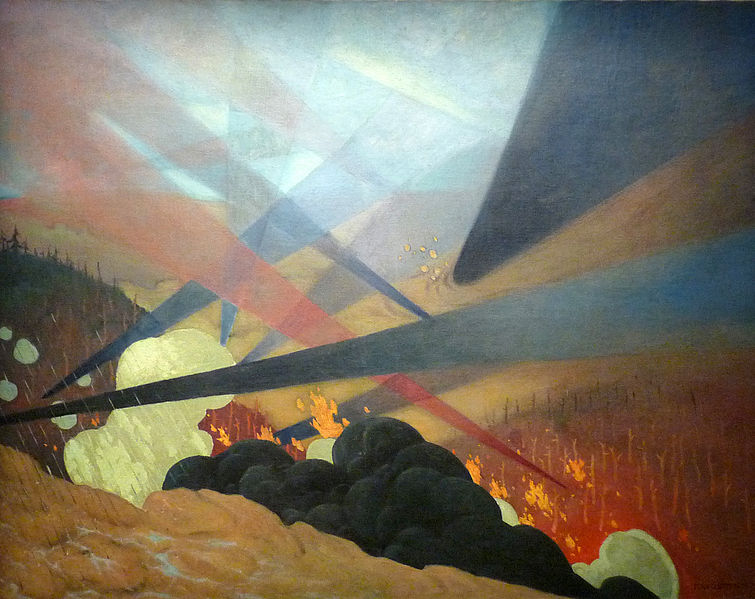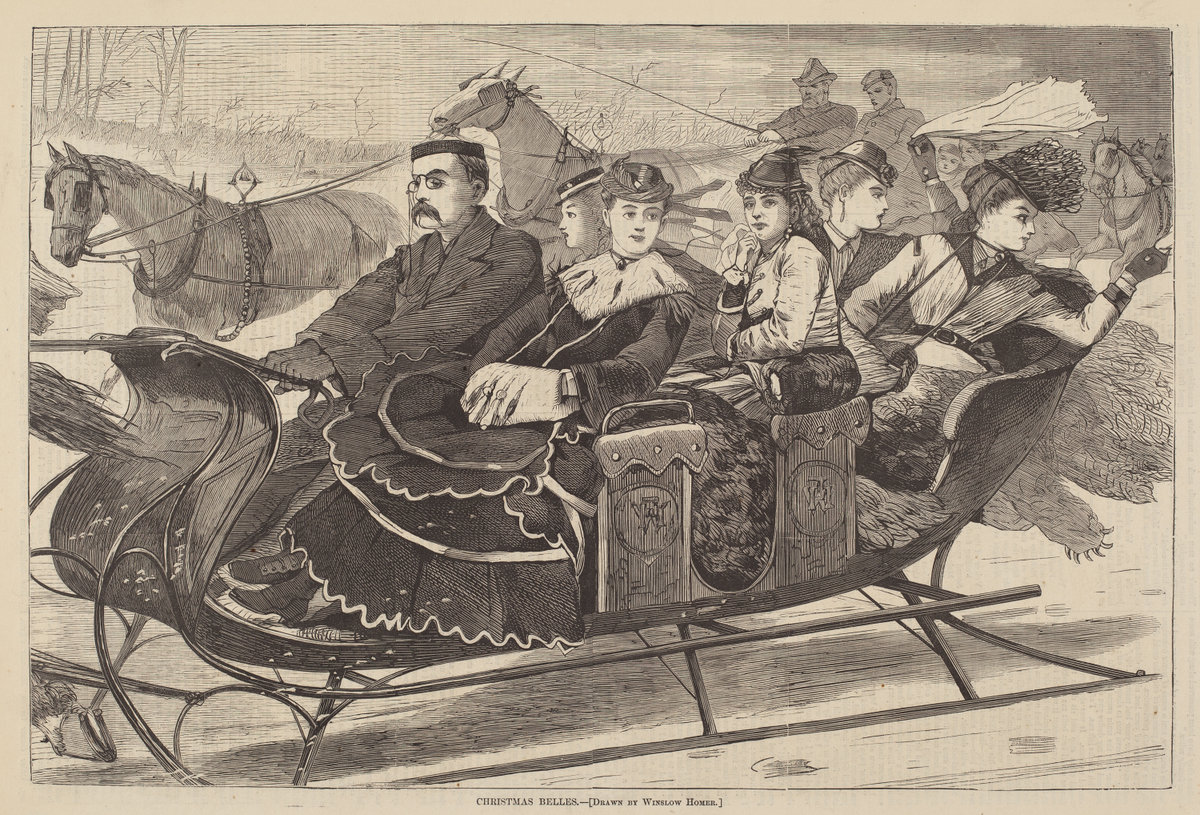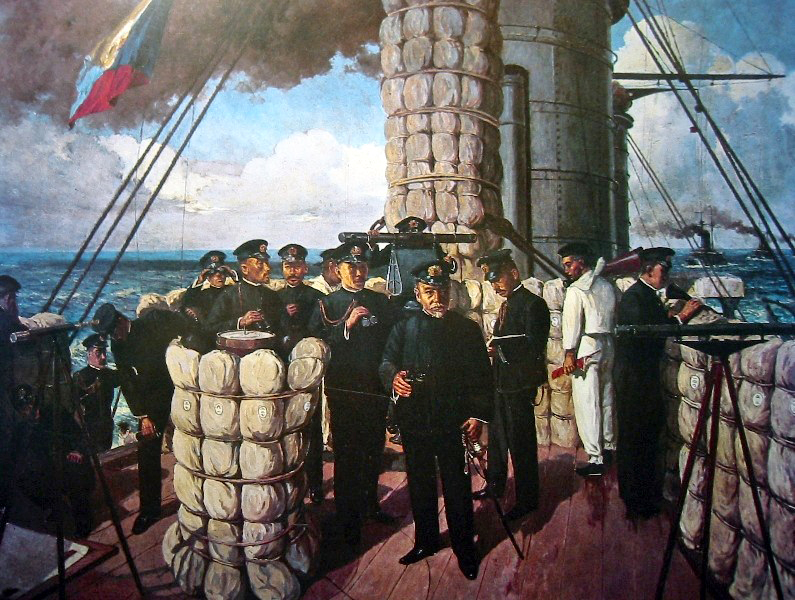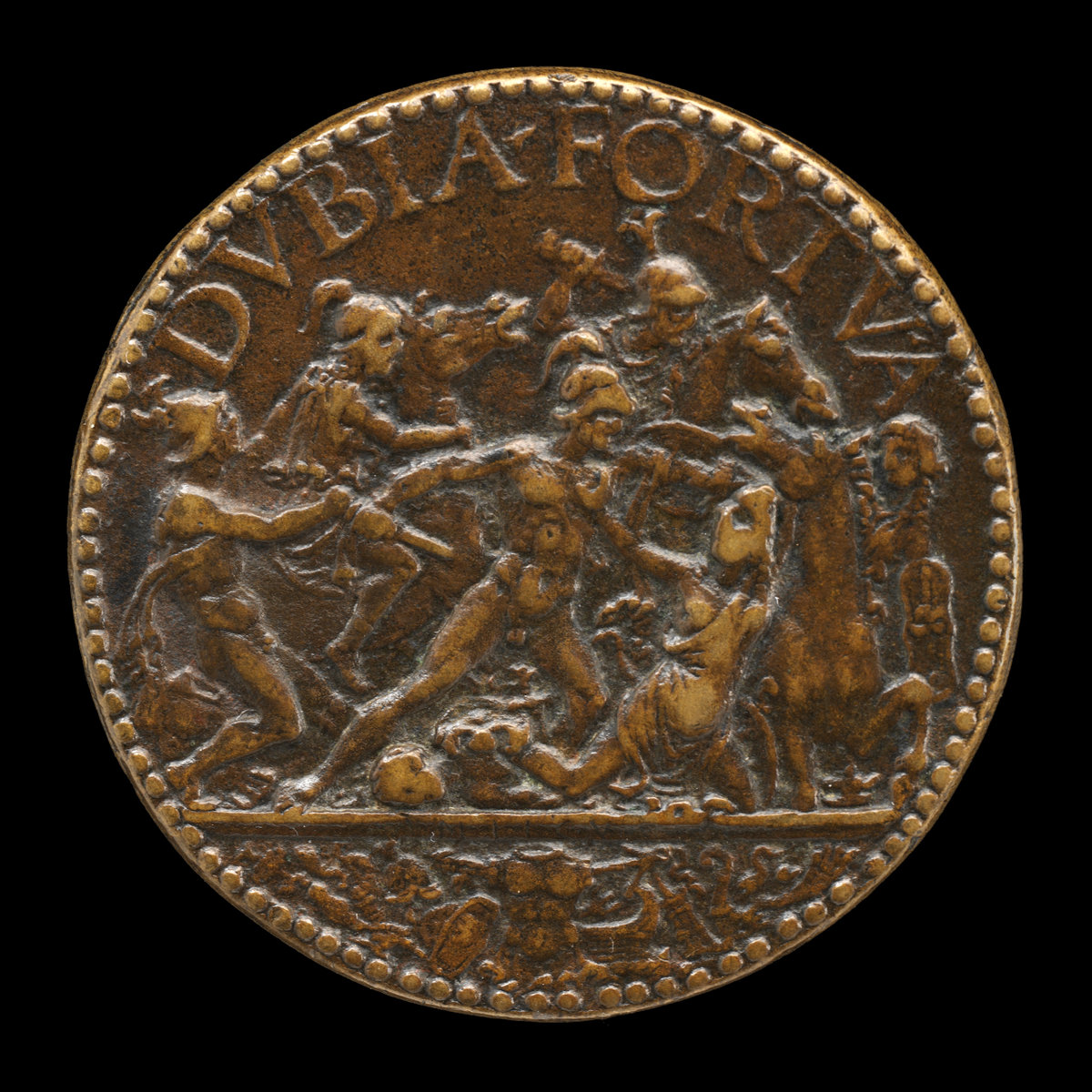
In a high-profile blow, last Friday al Qaeda-affiliated forces seized the city of Fallujah, the site of the deadliest battle of the US war in Iraq and symbolic of America’s involvement in the country. The success of jihadist group ISIS “illustrates the dangers of conflict spreading from Syria’s three-year-old conflict” and exploits “simmering Sunni anger against the Shi’ite-led government of Prime Minister Nuri al-Maliki.” Maliki has called on local leaders to evict the fighters, with the implicit threat that a failure to do so will necessitate a bloody military offensive to take back the city.
After the pro-Assad ‘Syrian Electronic Army’ hacking group briefly gained control of Skype’s social media accounts last week, a look at regime cyberwarfare in Syria (via Vali Nasr).
More on foreign fighters flowing into Syria: “My mother knew that if we died, it would be the best way to die … protecting religion and Muslims.” In what Michael Koplow recently termed “a policy that even Turkey now seems to realize was dangerously myopic,” foreign jihadists continue to stream south over the Turkish border and use safe houses in Turkey.
In the wake of being designated a terrorist group by the Egyptian government, the Muslim Brotherhood is back in a fight to survive (via the Arabist).
Echoing Tanisha Fazal’s recent post, more on the role of former combatants in South Sudan’s violent unrest.
Despite recent success in DR Congo, many question whether UN peacekeepers, hampered by restrictive rules of engagement and a focus on development rather than warfighting, can halt conflicts in Sub-Saharan Africa. Even less effective is the African Union, whose “Standby Brigades” have “made little progress since they were dreamed up more than a decade ago.”
In a list of possible 2014 political game-changers, and not necessarily predictions, Kevin Lees writes that Venezuela may be dangerously close to a coup: “It’s not out of the question, given that Chávez and Maduro have eroded the rule of law so much already. There are few electoral outlets for change…” Hugo Chávez’s relationship with the Venezuelan military benefitted from windfall oil profits and Chávez’s personal military history — neither of which Nicolás Maduro possesses.








0 comments